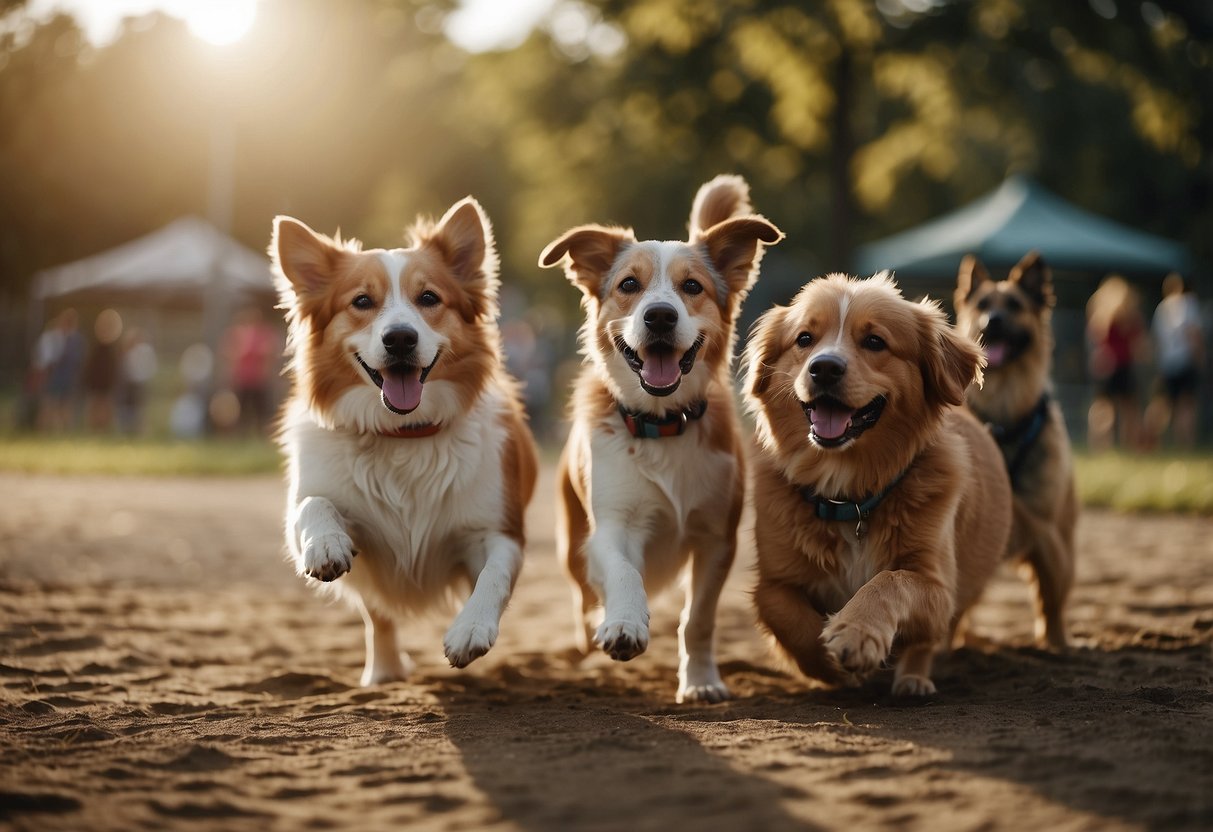
Socialization is essential for the well-being of your pet, shaping their behavior and mental health. Interacting with other animals and humans helps pets develop crucial social skills and reduces anxiety. A well-socialized pet is more adaptable to different environments and less likely to exhibit problematic behaviors.
Regular exposure to various sights, sounds, and experiences makes your pet more comfortable in new situations. This can lead to fewer incidents of fear or aggression. Socialization even plays a role in physical health, as a comfortable, less-stressed pet is more likely to maintain better overall health.
To ensure your pet thrives, it’s important to introduce them to a range of positive interactions during their early stages of life. This not only enhances their social abilities but also strengthens the bond between you and your pet.
Understanding Socialization in Pets
Socialization in pets refers to the process through which they learn to interact positively with people, other animals, and various environments.
For dogs, this usually involves exposure to different people, sounds, places, and other dogs. It helps them become well-adjusted and confident.
For cats, socialization often includes gentle handling, exposure to different environments, and interaction with people and other pets. Cats that are well-socialized tend to be less anxious and more adaptable.
Each pet requires a unique approach to socialization based on its species, breed, and individual temperament. Puppies and kittens are often more receptive to socialization efforts during their early weeks of life.
Proper socialization can prevent behavioral problems like aggression, fear, and anxiety. It contributes significantly to a pet’s mental and emotional well-being.
Socialized pets are more enjoyable companions, helping strengthen the bond between pet and owner. They tend to be more relaxed in new situations and can better handle stress.
Pets that haven’t been well-socialized might exhibit signs of distress, fear, or aggression when encountering new experiences or people. This can make everyday activities, such as vet visits or walks, more challenging for the owner and stressful for the pet.
Effective socialization requires patience, consistency, and positive reinforcement. Short, frequent sessions are often more effective than long, occasional ones. Positive experiences during these sessions are crucial for long-term benefits.
The Role of Socialization in Behavioral Development
Socialization plays a critical role in shaping a pet’s behavior. It helps in preventing aggression and reducing fear and anxiety, both of which are essential for a well-adjusted pet.
Preventing Aggression
Early and consistent socialization can prevent aggressive tendencies in pets. Pets exposed to various environments, people, and other animals are less likely to develop fear-based aggression. Interaction helps in teaching them how to behave properly in diverse situations.
For instance, a puppy that meets different people and dogs is more likely to be friendly and calm. Socialization sessions should be positive, involving treats and praise to reinforce good behavior. Regular outings in safe environments also contribute to making pets more confident and less prone to aggression.



